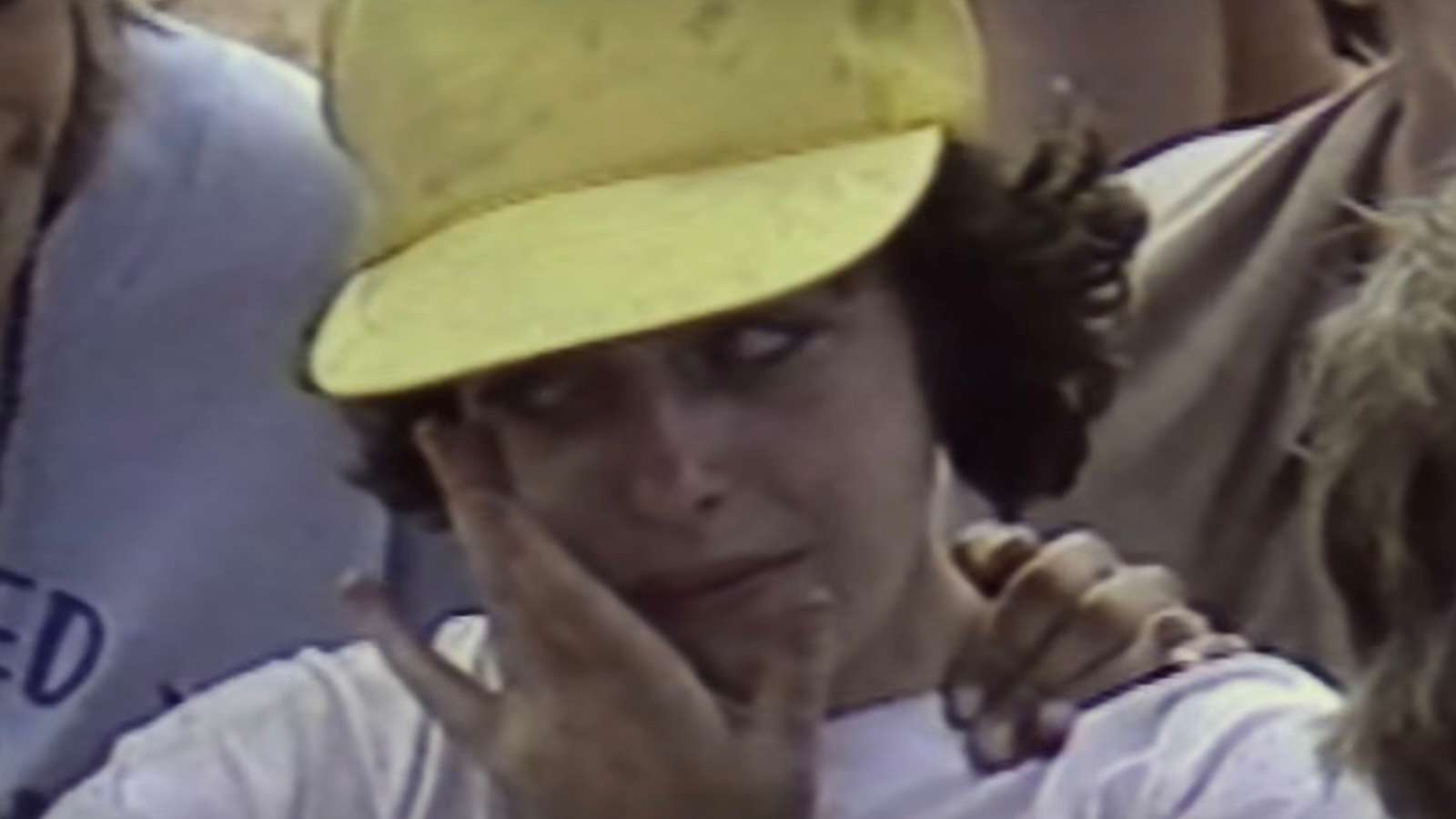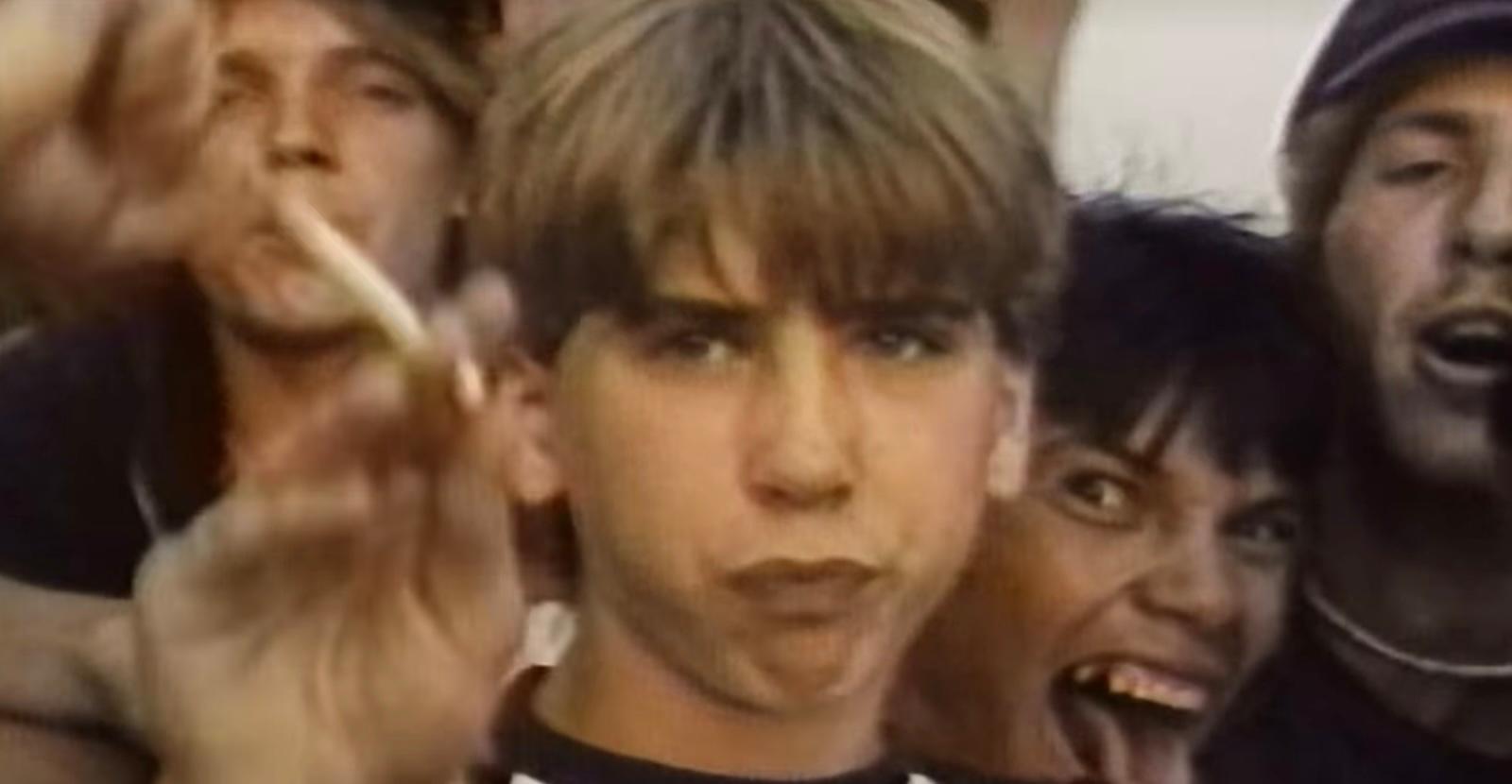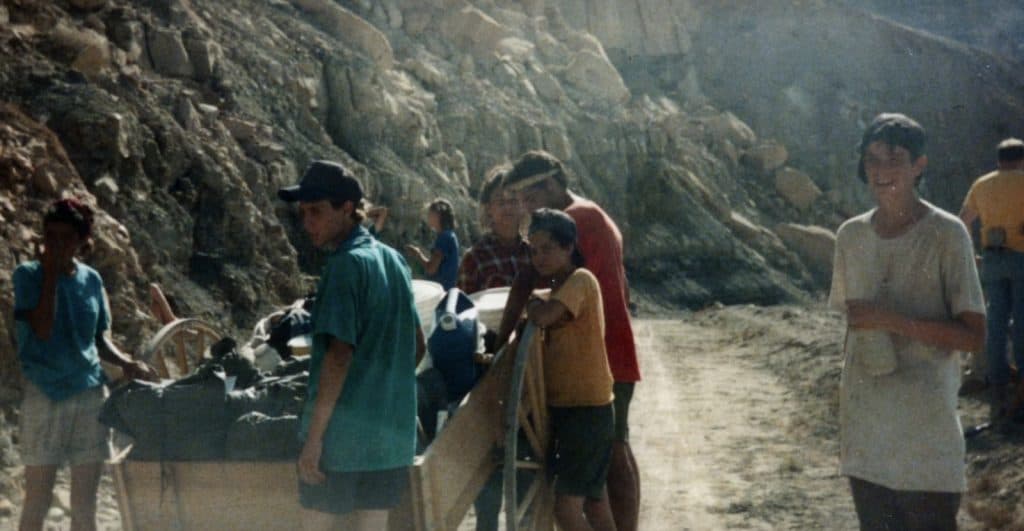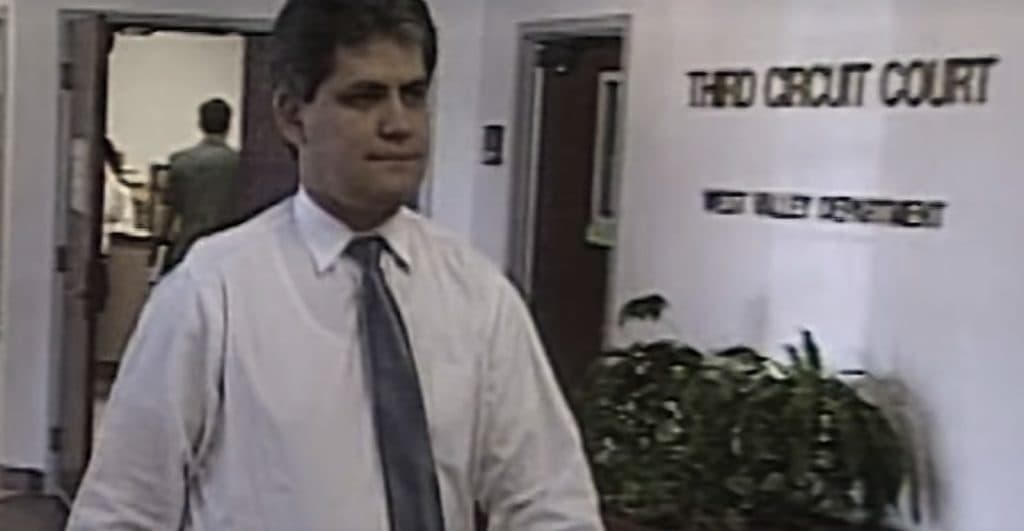Hell Camp: The sinister true story behind Netflix documentary
 Netflix
NetflixThe upcoming Netflix documentary Hell Camp: Teen Nightmare puts a Utah-based troubled teen therapy camp under the spotlight – here is the true story behind the Challenger Foundation and its founder, Steve Cartisano.
In 2020, Paris Hilton released her tell-all documentary This is Paris, in which she exposed previously untold secrets about her past, the most damning being her forced visit at the Provo Canyon School in Utah. Hilton spoke about the alleged abuse she and other students experienced as a result of the troubled teen industry, something she continues to raise awareness about today.
Now, a new Netflix documentary is set to examine another of these facilities: the Challenger Foundation. As per the synopsis: “The brutal conditions of an infamous wilderness therapy camp – and the alleged abuse of the troubled teens who attended – are exposed in this gripping tell-all documentary.”
With the film set to drop soon, here’s what you need to know about the true story behind Hell Camp: Teen Nightmare, from the origins of the Challenger Foundation to the death of a 16-year-old attendant and subsequent downfall of Steve Cartisano.
Hell Camp: The origins of the Challenger Foundation
Founded in 1988 by Steve Cartisano, the Challenger Foundation was originally pitched as a space where troubled teens could overcome personal challenges via rigorous physical and mental training.
As is said in the Hell Camp: Teen Nightmare teaser, the 80s was a time where the world was changing, and there was a “deep concern that the youth of America was taking a wrong turn.” Looking to capitalize on this struggle, Cartisano launched the Challenger Foundation in the Utah wilderness, a bootcamp-style program where “kids are worn down until they’re good again.”
 Netflix
NetflixAccording to High Country News, “Cartisano applied what he liked to call ‘street smarts’ to problem kids: strip searches and military haircuts. He adopted a drill-sergeant style of speech which required ‘Yes sir!’ answers. Rules were strict and heavily enforced – a girl caught saying ‘I’m sorry’ instead of ‘I apologize’ would be punished by carrying a football-sized chunk of cow manure all day in her backpack. A boy caught eating raw oatmeal instead of cooking it would have his oatmeal ration taken away.”
It didn’t come cheap, costing $15,900 for the 63-day program. But it got results, so much so that it attracted celebrities, including two of Winthrop Rockefeller’s children. However, behind the façade of benevolence lurked a darker reality, gradually unfolding in the isolated confines of the Challenger Foundation.
Hell Camp: Unveiling the dark reality
As the documentary delves into the heart of the Challenger Foundation, it uncovers a pattern of systemic abuse and manipulation. All of this culminated in the shocking death of a 16-year-old girl who had been sent there by her mom.
Former participants, haunted by their experiences, recount tales of physical and emotional torment, with the Hell Camp: Teen Nightmare clip presenting allegations that children were “dragged” through the wilderness and “tied to trees.”
In another clip, one man describes what he saw at the bootcamp, stating: “They were emaciated, they were dirty. You couldn’t even tell that they were kids.” Another describes one case in which a doctor “counted over 80 scars, marks, and contusions” on a teen.
 Netflix
NetflixThe heart-wrenching center of this narrative is the tragic death of a 16-year-old participant. Sharon Fuqua had sent her teen daughter Kristen Chase to take part in the 63-day program in the hopes of turning her life around.
However, in the summer of 1990, at the start of her visit, she went on a hike through the desert. After complaining of headaches, Kristen collapsed and died, with an autopsy report ruling the death as “exertional heat stroke.”
At the time, her mother Sharon told the Deseret News that she didn’t condemn the Challenger Foundation – and even wouldn’t hesitate in sending another of her children there.
“We’re not condemning Challenger. I’ve never met any more dedicated, loving people striving to help children,” she said. “What we did for our daughter was the best thing we could have ever done. We felt this was the answer. I truly feel it would have been if she’d been able to complete it.”
It’s this attitude and the parents’ culpability that will also be examined in the Netflix documentary, with one former attendant stating: “The hardest thing about being there? Knowing my parents did it to me.”
Hell Camp: The aftermath and downfall of Cartisano
The exposure of the Challenger Foundation’s dark underbelly triggered a resounding downfall. Legal investigations uncovered a litany of abuses, prompting the shut down of the organization. Steve Cartisano faced legal consequences for his role in the foundation’s descent into chaos.
Cartisano and the Challenger Foundation were charged with negligent homicide and nine misdemeanor counts of child abuse. High Country News stated that “while Cartisano was acquitted of all criminal charges in Chase’s death in 1992, the national publicity spawned a slew of civil suits against his company.”
 Netflix
NetflixThe firm filed for bankruptcy, and while Cartisano went on to set up another child treatment program in Hawaii, he was later banned from operating such facilities in the state, as well as in Utah. He died in 2019, aged 63.
Ultimately, the Challenger Foundation’s tarnished legacy became a cautionary tale about the potential dangers of unchecked power within seemingly well-intentioned organizations. The Netflix documentary serves not only as a riveting exposé of a troubled teen camp but also a sobering exploration of the consequences when good intentions morph into a nightmare of abuse and tragedy.
Hell Camp: Teen Nightmare arrives on Netflix on December 27. In the meantime, you can find more of our documentaries coverage below:
Great Photo, Lovely Life explained | Love Has Won’s “3D” hospital | How did John Gotti die? | Who Killed Jill Dando? | Where is Gypsy Rose Blanchard now? | Russell Brand most shocking moments | Scouts Honor | The Lucie Blackman Case | The Isabella Nardoni Case | Who are the Duggars? | Victim/Suspect explained | Missing Dead or Alive explained | The Playing Card Killer | Take Care of Maya | HBO’s Burden of Proof explained | How to watch David Fuller: Monster in the Morgue | How to watch Hart family murders documentary | The Deepest Breath | True story of Last Call



